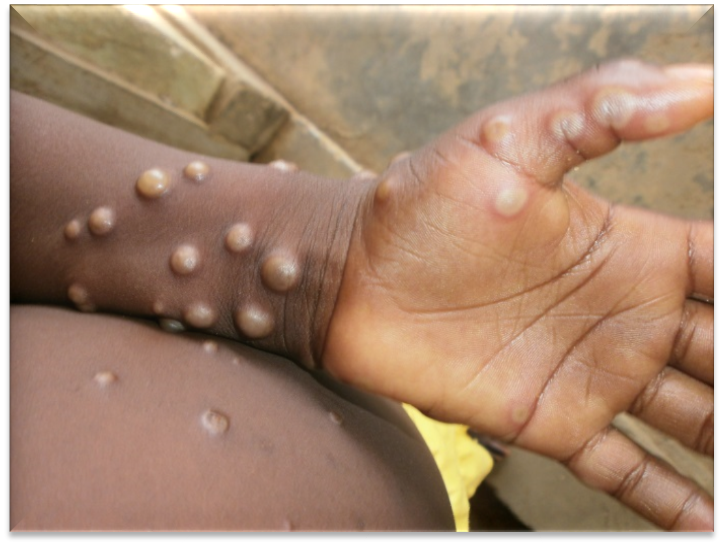WHO Issues Temporary Recommendations to Combat Mpox Upsurge
These recommendations underscore the WHO's commitment to supporting States Parties in effectively managing the current upsurge of mpox and preventing further spread of the disease.
Geneva, Switzerland - The World Health Organization (WHO) has issued temporary recommendations to States Parties in response to the ongoing upsurge of mpox, which has been declared a public health emergency of international concern, writes Winston Mwale.
These recommendations, detailed in the full report of the first meeting of the International Health Regulations (2005) Emergency Committee regarding the upsurge of mpox 2024, are in addition to the current standing recommendations for mpox, which have been extended until August 20, 2025.
The temporary recommendations, targeting States Parties experiencing the upsurge of mpox, including the Democratic Republic of the Congo, Burundi, Kenya, Rwanda, and Uganda, are intended to enhance the global response to the outbreak.
Key Recommendations:
Emergency Coordination:
Establish or strengthen national and local emergency response coordination arrangements.
Enhance coordination among partners and stakeholders involved in response activities, including humanitarian actors.
Collaborative Surveillance and Laboratory Diagnostics:
Improve surveillance systems, ensuring comprehensive geographical coverage and sensitivity.
Expand access to accurate and affordable diagnostics to differentiate mpox virus clades.
Strengthen contact tracing efforts to prevent onward transmission.
Investigate cases and outbreaks thoroughly to understand transmission modes and prevent further spread.
Report suspect, probable, and confirmed mpox cases to WHO on a weekly basis.
Safe and Scalable Clinical Care:
Provide clinical, nutritional, and psychosocial support to patients, including isolation in care centers and guidance for home-based care.
Develop a plan to expand access to optimized supportive clinical care for all patients, including children, patients living with HIV, and pregnant women.
Strengthen healthcare workers' capacity and knowledge in clinical care and infection control pathways.
Implement infection prevention and control measures in healthcare facilities, households, congregate settings, and cross-border transit areas.
International Traffic:
Enhance cross-border collaboration for surveillance and management of suspect cases, information sharing with travelers and conveyance operators.
Vaccination:
Prepare for the introduction of mpox vaccine for emergency response, including national policy mechanisms to access vaccines.
Initiate plans to advance mpox vaccination in outbreak response areas, targeting high-risk individuals and communities.
Risk Communication and Community Engagement:
Strengthen risk communication and community engagement systems, including training, mapping high-risk populations, and addressing misinformation.
Address stigma and discrimination associated with mpox through meaningful community engagement.
Governance and Financing:
Secure and scale up national funding and explore external opportunities for targeted funding of prevention, readiness, and response activities.
Integrate mpox prevention and response measures into existing disease control programs.
Addressing Research Gaps:
Invest in research to address knowledge gaps related to mpox transmission, risk factors, and the efficacy of public health interventions.
Reporting on Implementation:
Report quarterly to WHO on the implementation status and challenges related to these temporary recommendations.
Standing Recommendations for Mpox:
Develop and implement national mpox plans that align with WHO guidance, aiming to eliminate human-to-human transmission.
Establish and sustain laboratory-based surveillance and diagnostic capacities for outbreak detection and risk assessment.
Enhance community protection through risk communication, community engagement, and public health measures.
Initiate, support, and collaborate on research to generate evidence for mpox prevention and control.
Implement measures related to international travel, including providing travelers with relevant information.
Provide guidance and coordinate resources for integrated clinical care for mpox, ensuring access to specific treatment and supportive measures.
Work towards ensuring equitable access to safe and effective mpox countermeasures.
These recommendations underscore the WHO's commitment to supporting States Parties in effectively managing the current upsurge of mpox and preventing further spread of the disease.




